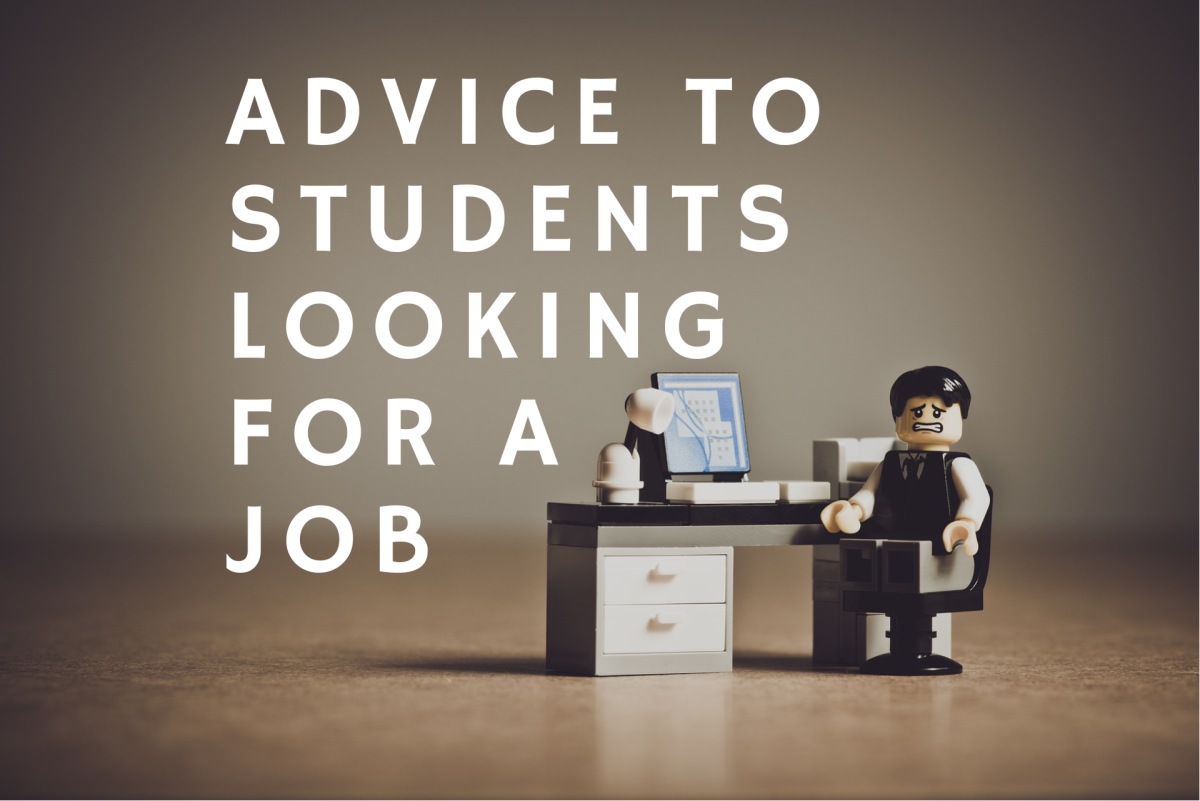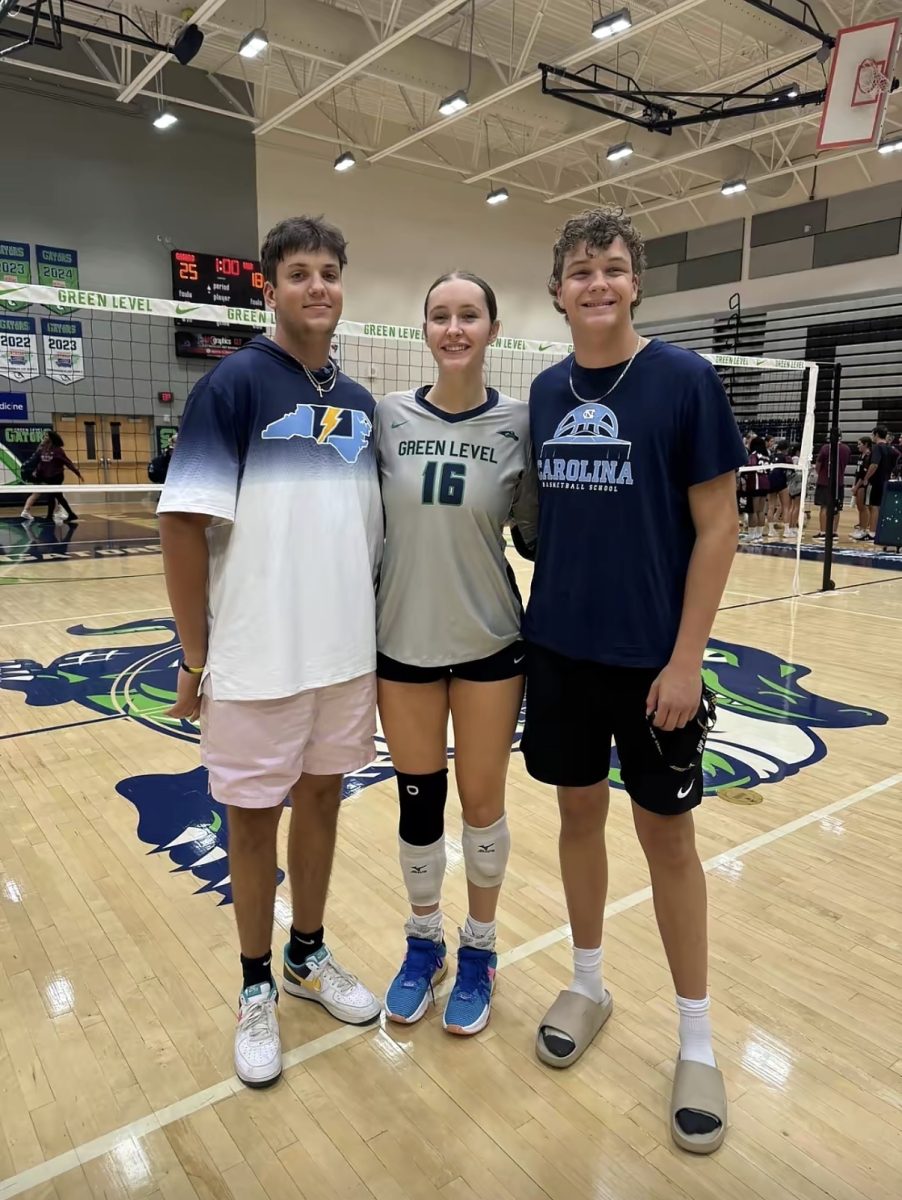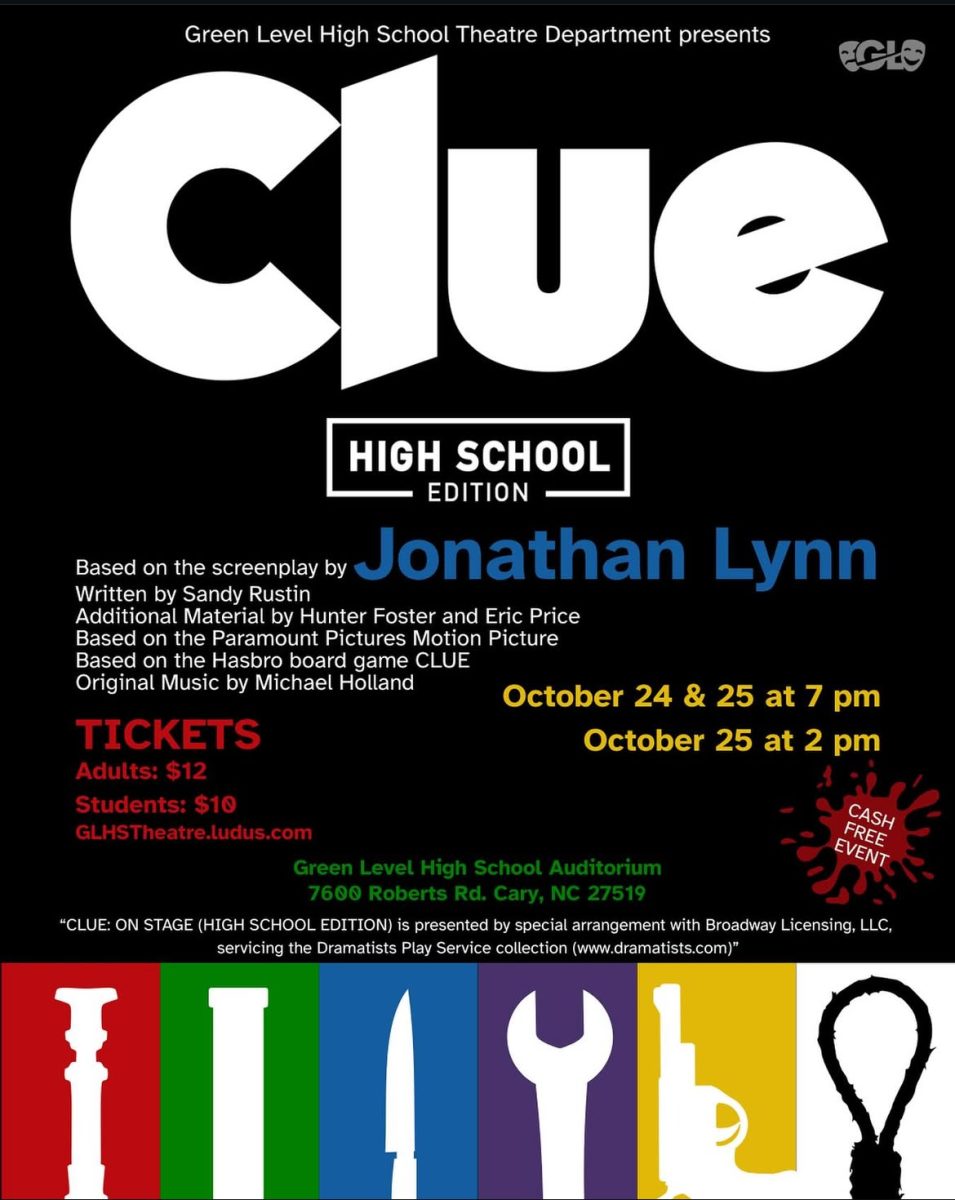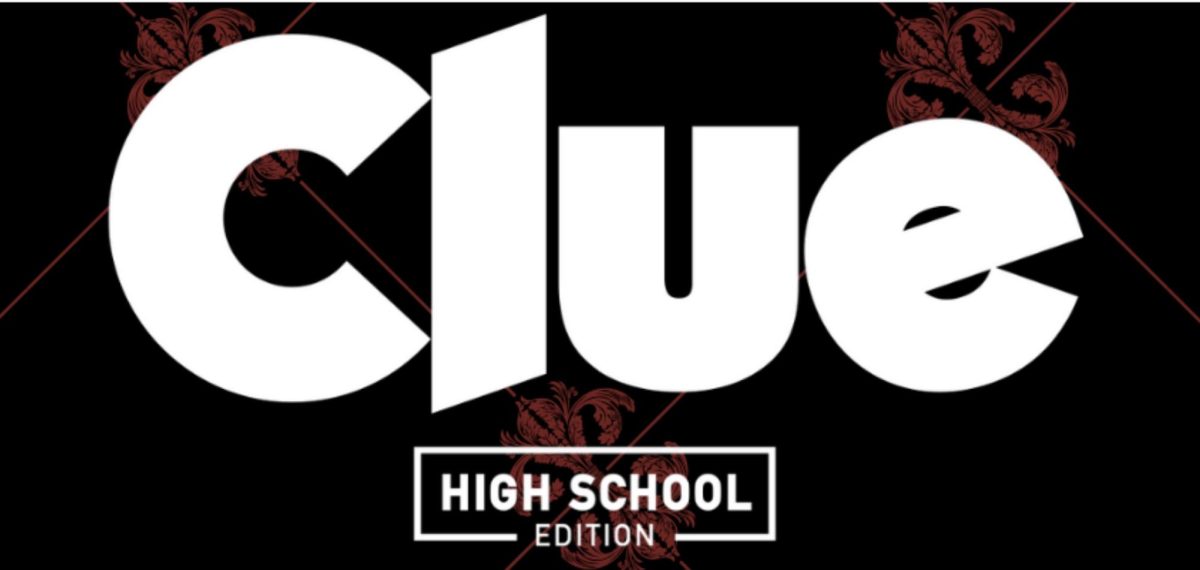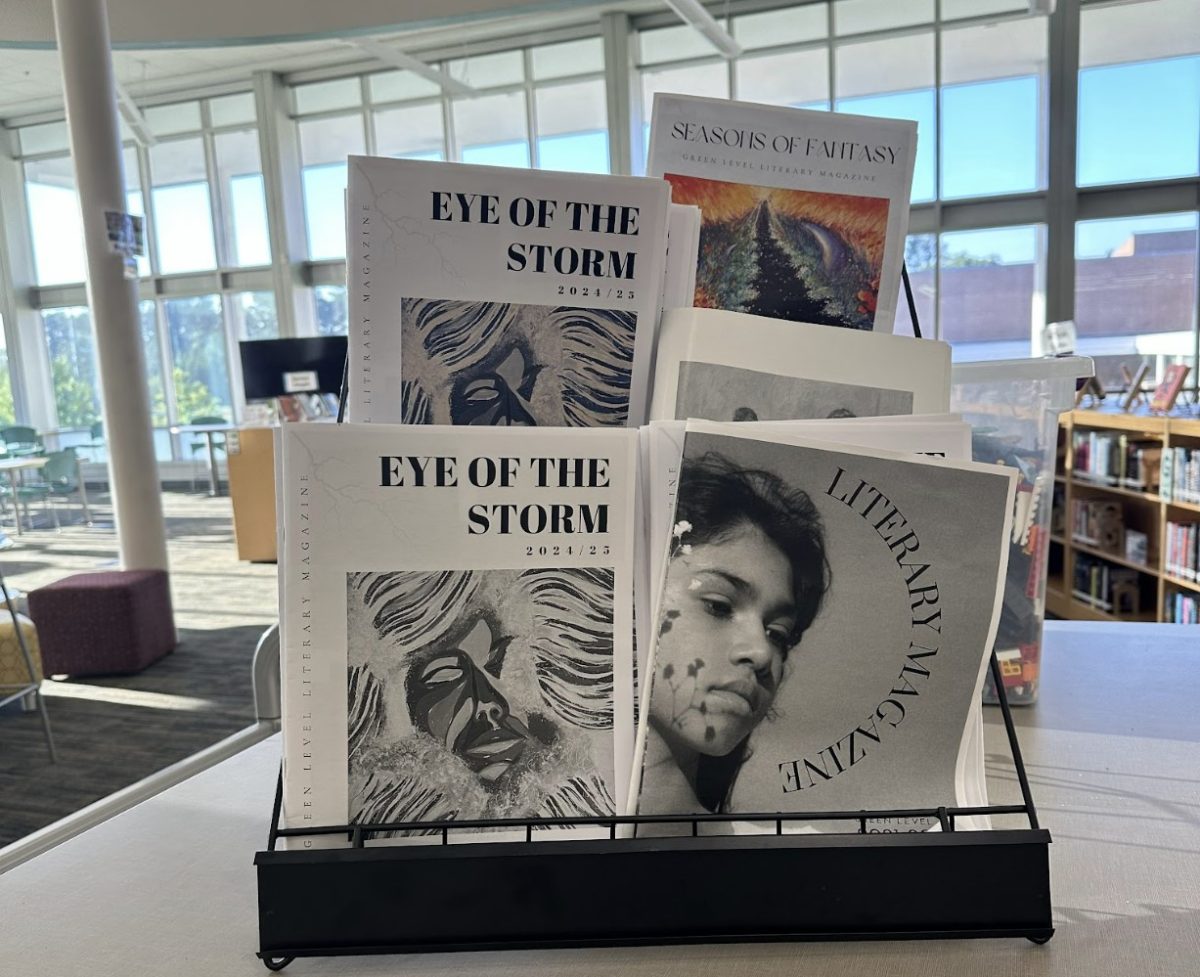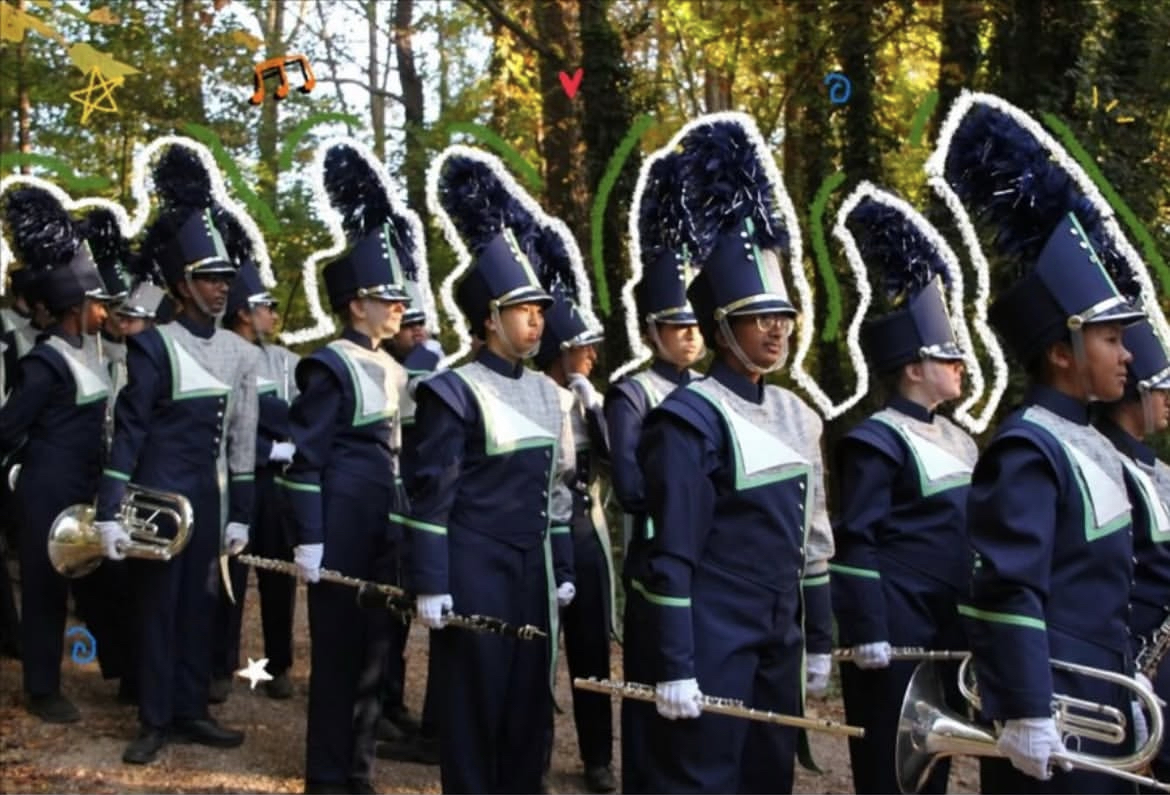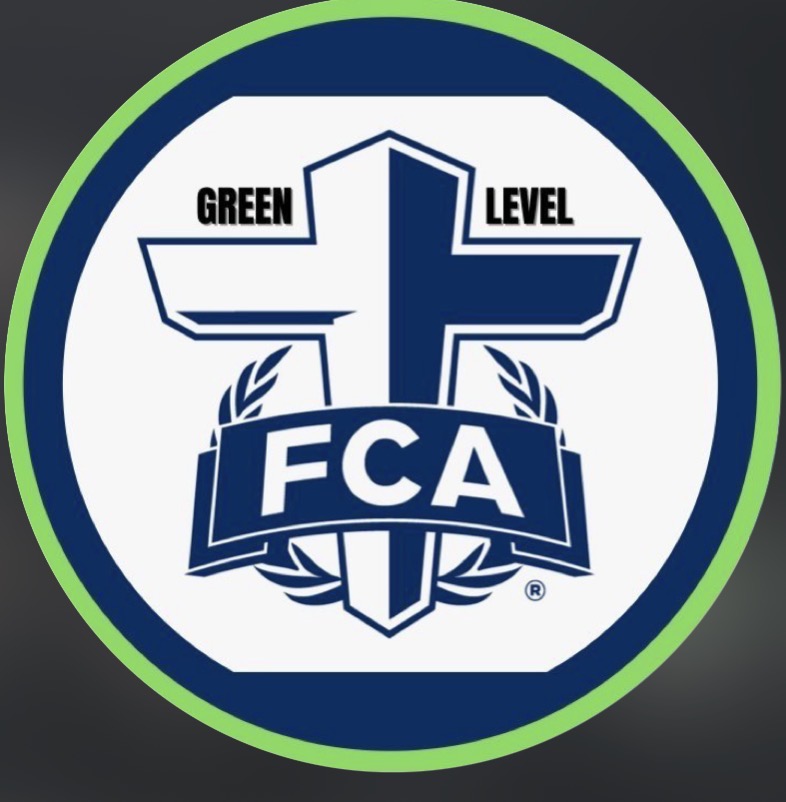During high school, students often begin to first enter the workforce and often struggle to find a place that they will enjoy, while also making enough money. In order to see what students at Green Level think of their work, and to help those trying to find a local job, we interviewed a variety of students to see what they do, how much they make, and their overall thoughts on where they work.
In order to find a job, students should know what they’re looking for. Are they looking to make a lot of money to spend, for more experience in the working world, a flexible schedule, something they just like to do, or something else? While the dream job would be all of these things in one, oftentimes that can be hard to find.
Generally, most jobs that students have earn $10-13 an hour. Because of that, we recommend a job within that range or higher. However, it is important to do your research before interviewing for a job that makes more money. For example, many jobs in the restaurant and service business pay a little less on paper, but because of things like tips, they can often make more than someone making $10-13 an hour.
One senior, Amanda Omori, explained, “Because of tips at my job, I make more than the average paying job for teenagers. But, I think it definitely requires more work and isn’t as laid back. If you are willing to put in the work and hours, then you should try finding a higher paying job.”
However, money is not the only thing that matters in a job. In fact, many students look for a job that is relatively “easy” to do. Students, many of whom have busy schedules with academics, extracurriculars, and athletics, often don’t want to work a very physical job with long hours. But what makes an “easy” job? That depends from person to person, but after speaking with a number of students, we determined that the “easiest” jobs tend to depend on the people you work with.
For example, we spoke to Lucas Polanco, an 11th grader, who works as a host at Chuy’s Tex-Mex. He said, “I enjoy my job because it is a good environment with lots of friendly people and overall I have a lot of fun. It isn’t hard to work, and is more fun than anything.”
But that’s not all when it comes to a job. Many students simply want a job for extra, non-financial benefits that they provide. This can range from discounts to certain items, free food, memberships to certain facilities that the company owns and more.
We talked with a sophomore, Morgan Lanuti, who works as a lifeguard, “I think my job is one of the best jobs because you get a lot of long breaks, they have super flexible hours, you get extra pay in the summer, and you get a free gym membership.”
However, these benefits can vary in size, from job to job. While people with Lanuti’s job may have plenty of benefits, like with a free gym membership, other jobs have little to no benefits. Many of the students we talked to who worked in the food industry complained about very small discounts on items, or simply having no benefits at all. Looking into the benefits before you get a job can be an important factor, so make sure to do it!
Overall, there are several aspects that students should consider before deciding on where they want to work. Some of these include: pay, flexibility, benefits, and overall ease. There are a variety of jobs in a variety of industries that can be considered “good” and “bad” by different people, but the only way to know what the best-fitting job for you is to actually go out and experience it firsthand. So take your time, research, and then go out and apply!

